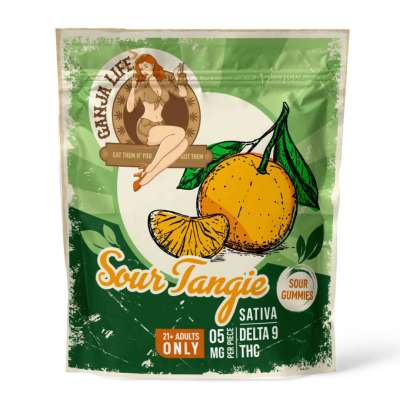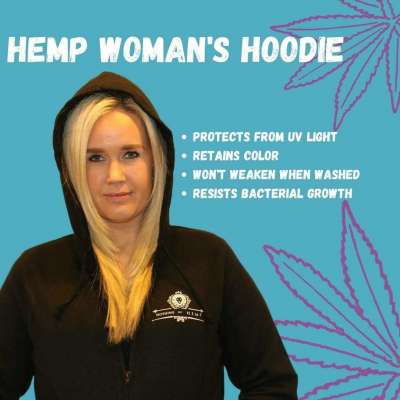
spectator.org
Betting on Sports: The Super Bowl of Cronyism
The Kansas City Chiefs and the San Francisco 49ers will soon compete for the National Football League championship title. Over 200 million people are expected to watch the game‚ and many will participate in small wagers‚ office pools‚ and fantasy sports contests over the 60-minute battle on the gridiron.
Less than ten years ago‚ some states tried and failed to classify DraftKings and FanDuel as illegal gambling.
The explosive growth of the fantasy sports industry over the past ten years is the primary driver of today’s widespread interest and availability of sports gambling across the United States. The two companies most responsible for this growth‚ DraftKings and FanDuel‚ spent a decade battling state regulators‚ who unjustifiably tried to keep their games illegal. Of course‚ the Supreme Court’s decision in Murphy v. NCAA‚ the 2018 opinion which effectively granted states the authority to legalize retail and mobile sports wagering‚ shelved much of this friction. Sadly‚ however‚ DraftKings and FanDuel are now trying to use the same arguments that were used against them to convince regulators to shut their competitors out of the marketplace. (READ MORE from Daniel J. Mitchell: Is Defending Tax Competition Akin to ‘Trading With the Enemy’?)
The Sports Betting Alliance‚ a Washington interest group representing FanDuel and DraftKings‚ is pressuring regulators across the country to label their competitors’ daily fantasy games as “gambling‚” which would make them illegal.
In an instance illustrative of the group’s national strategy‚ a lobbyist registered with the Alliance contacted the Wyoming Gaming Commission and Supervising Attorney General‚ claiming their competitors’ versions of fantasy sports were “indistinguishable from sports wagering” and should be shut down. The regulator did so nearly immediately without even opening a formal investigation‚ and other states quickly followed suit.
FanDuel and DraftKings are both $20 billion-plus companies. If they have better products or ideas‚ they can succeed on merits. They should not use the government to pad their bottom lines by quelching upstart competition.
Unfortunately‚ when regulators determine an industry’s winners and losers‚ lobbying becomes a cost of doing business for well-connected industry giants. Rather than compete in the marketplace and offer consumers innovative and creative products that can beat the competition‚ it becomes easier — and often cheaper — to pull the levers of power. This is not capitalism. It is cronyism‚ and it exists whenever governments have too much power. Consumers end up holding the bag.
With cronyism‚ the government and market giants often become one in the same — all too willing to sell out the consumer for what is best for its bottom line.
Sports betting is a significant revenue generator for many state treasuries. That is why many states see fantasy sports gaming as an intolerable drain on those funds‚ and they look for any excuse to stop them.
Less than ten years ago‚ some states tried and failed to classify DraftKings and FanDuel as illegal gambling for that very reason. Now‚ though‚ they are working with DraftKings and FanDuel to do the same thing to the two companies’ smaller competitors. Talk about an odd bedfellow coalition. (READ MORE: Sports Gambling Gone Wild)
The Sports Betting Alliance is in the Super Bowl of cronyism‚ and the anti-competitive play it is running is all too familiar. We should not stand for it — not in America‚ which is supposed to be the freest nation on Earth.
Daniel J. Mitchell is an economist and president of the Center for Freedom and Prosperity.
The post Betting on Sports: The Super Bowl of Cronyism appeared first on The American Spectator | USA News and Politics.














